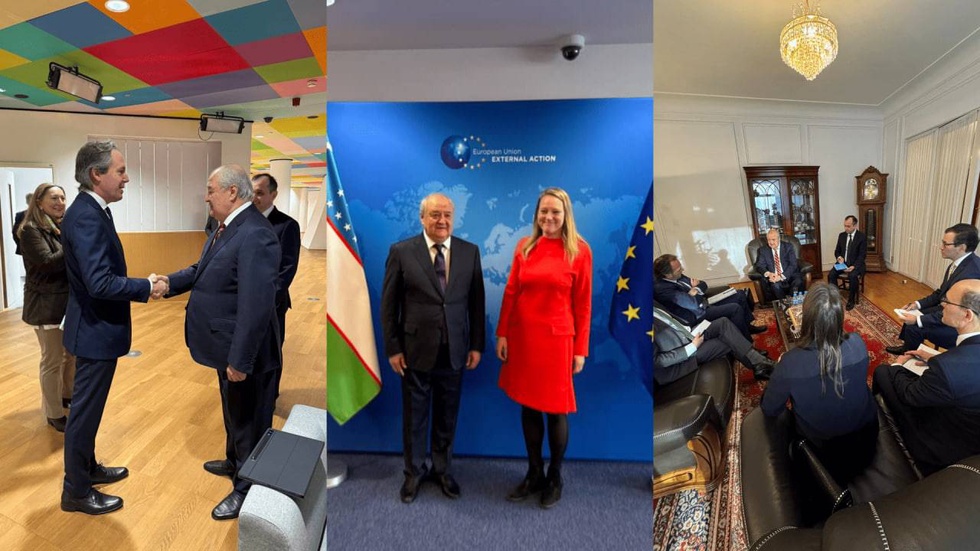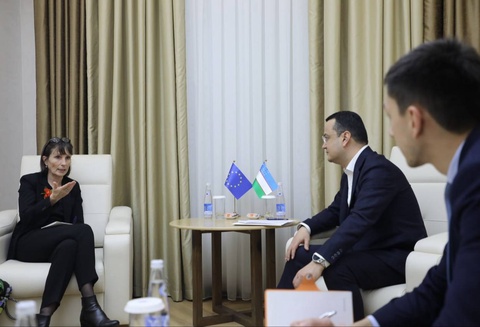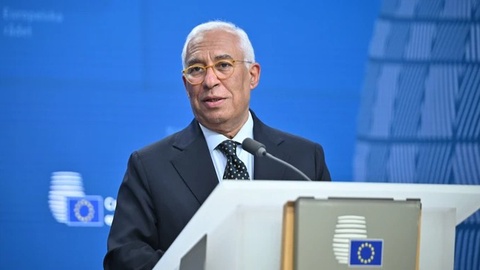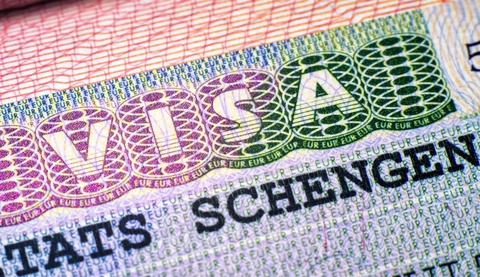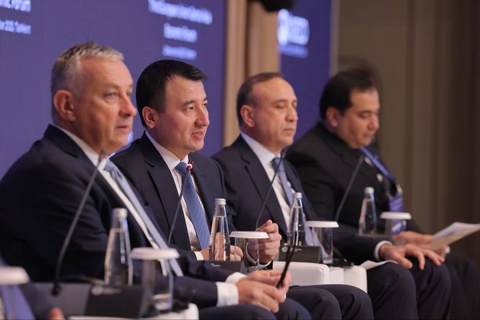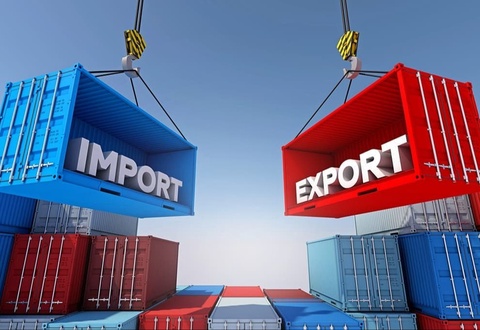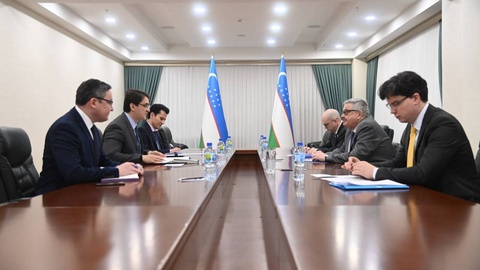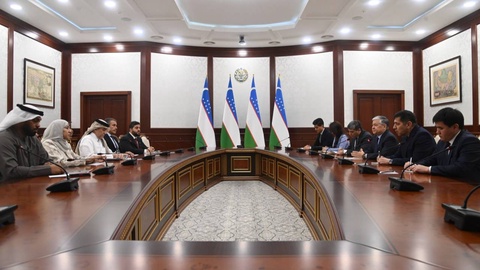During the visit, meetings were held with the head of the Office of the President of the European Council, Pedro Lurti, the head of the Cabinet of the EU High Representative for Foreign Affairs and Security Policy, Vivian Lunella, as well as with the EU Coordinator for Combating Terrorism, Bartjan Vegter.
Director of the International Institute of Central Asia Javlon Vakhabov also attended the meetings as part of the Uzbek delegation.
During the conversation with P. Lurti, the prospects for further development of interregional cooperation within the framework of the upcoming Central Asia-European Union summit, which will be held on April 3-4 this year in Samarkand, were discussed.
In this context, the representative of the European Council expressed confidence that this important event would become a milestone in strengthening interregional cooperation and would expand cooperation in priority areas, including politics and security, trade and investment, energy cooperation, the development of transport corridors, as well as educational and cultural exchanges.
The parties also noted the special importance of the meetings in the Central Asia-European Union format held in Astana in 2022 and in Cholpon-Ata in 2023, emphasizing their role in shaping a sustainable dialogue and strengthening strategic partnership.
At the meeting with V. Lunella, the participants discussed the implementation of the EU Strategy for Central Asia 2019 and stressed the importance of adapting it to modern conditions, including expanding economic ties, promoting sustainable development goals and strengthening regional security. During the negotiations, special attention was paid to the development of transport connectivity, in particular the Trans-Caspian Transport Corridor, which will connect Central Asia with Europe, strengthen trade, investment and digital ties, as well as enhance regional economic connectivity.
During the meetings, the EU Coordinator for Combating Terrorism, B. Vegter, noted the practical significance of the conference "Central Asia - European Union: a new agenda for security Cooperation" held last year in MICA. He stressed that an effective fight against terrorism requires close cooperation at the regional and international levels, and such platforms provide a unique opportunity to discuss mechanisms for joint work, exchange of experience and mutual support between Europe and Central Asia.
As a result of the meetings, practical proposals were developed aimed at filling the agenda of the upcoming summit in Samarkand, with an emphasis on expanding interregional cooperation, developing infrastructure, deepening trade and economic ties, as well as strengthening cooperation in the field of security and combating global challenges.


